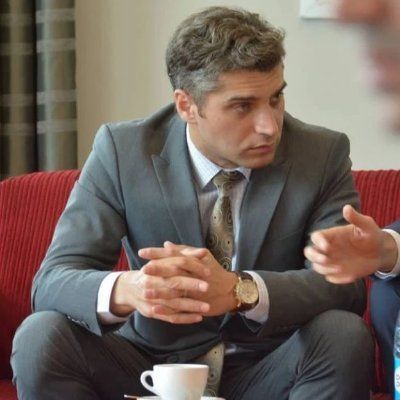Power struggle in Armenia: Church and billionaires vs. Pashinyan
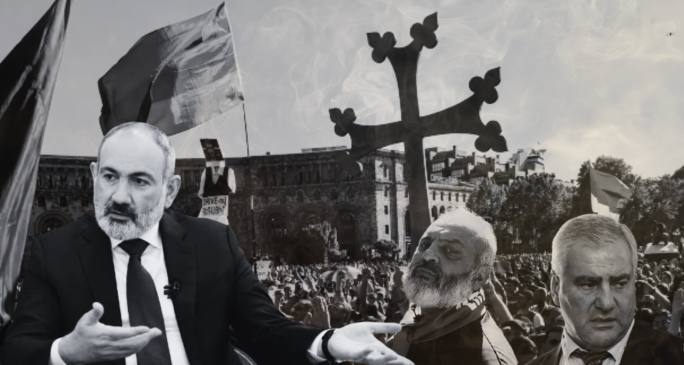
When Armenian Prime Minister Nikol Pashinyan described the events of mid-June as a “failed coup d’état by scammers,” it was more than political rhetoric; it was a declaration of strength in the face of what appears to be a serious, though disorganized, challenge to his authority. The arrest of Russian-Armenian billionaire Samvel Karapetyan, an influential figure tied to the Armenian Apostolic Church, marked the climax of this latest chapter in Armenia’s increasingly volatile political landscape.
According to leaked documents published by the Civic newspaper, the opposition’s plan, allegedly involving former presidents and undisclosed Russian interests, sought to depose Pashinyan and redistribute power among “the people, the church, and other structures.” The vague terminology hints at an attempted return to Armenia’s pre-2018 power architecture, where oligarchs, clergy, and Moscow-linked elites exerted deep influence over state institutions.
At the center of the conspiracy, or at least of the backlash against Pashinyan, stands the Armenian Apostolic Church, an institution with immense symbolic power and historic entanglement in state affairs. The Church’s alliance with figures like Karapetyan and its vocal criticism of Pashinyan’s handling of national identity, foreign policy, and Karabakh indicate a broader ideological resistance. It’s not just political; it’s cultural.
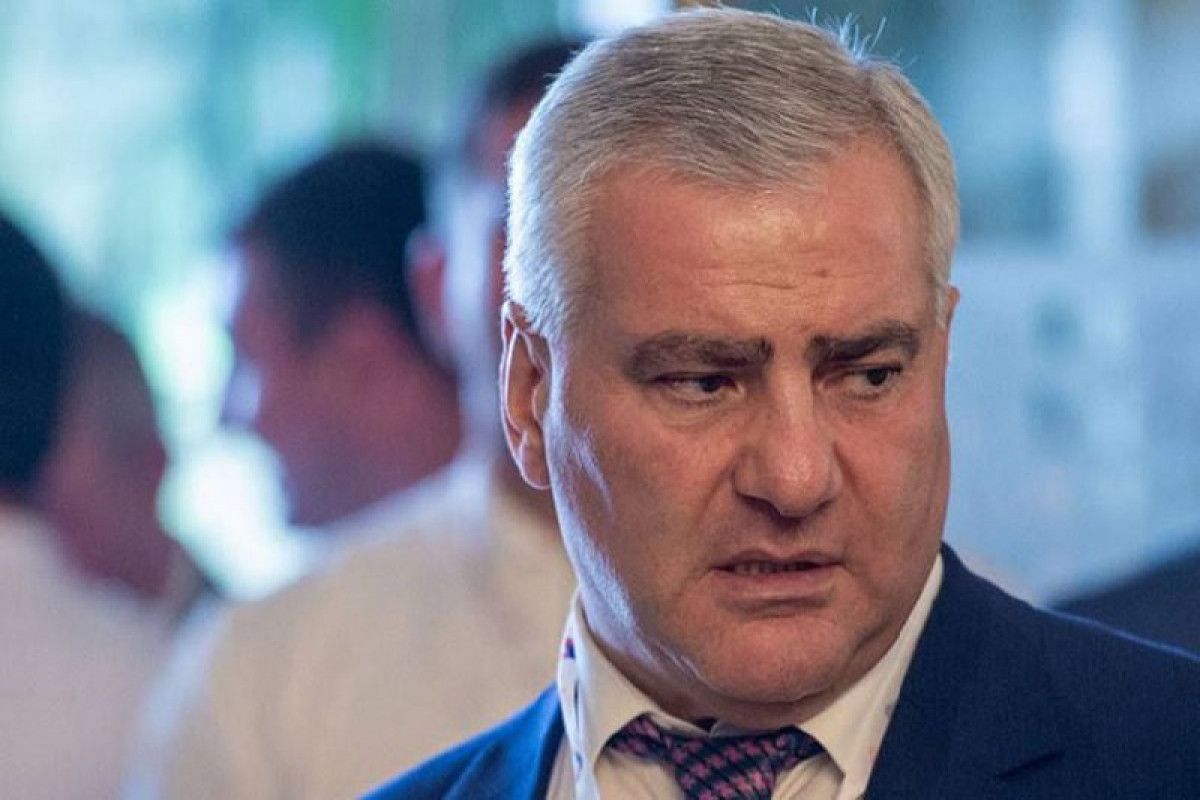
Karapetyan’s arrest, officially tied to criminal proceedings, is widely seen as a political message: financial power and foreign backing are no longer shields against the state. His public support for the Church after Pashinyan’s verbal attacks only accelerated the confrontation. That Karapetyan, a billionaire with Russian business interests, was detained in Yerevan suggests the government is now confident enough to take on powerful adversaries, even those with international profiles.
This is not the first time the Armenian opposition has attempted to leverage national trauma and religious sentiment to undermine Pashinyan. Since the 2020 Second Garabagh War, where Armenia suffered a devastating defeat, opposition parties, ex-presidents like Serzh Sargsyan and Robert Kocharyan, and traditional elites have sought to present themselves as defenders of “true Armenian values.” They frame Pashinyan’s pragmatic diplomacy and reformist agenda as betrayals of Garabagh, of Christianity, and of national pride.
Yet these opposition efforts continue to fail. Why?
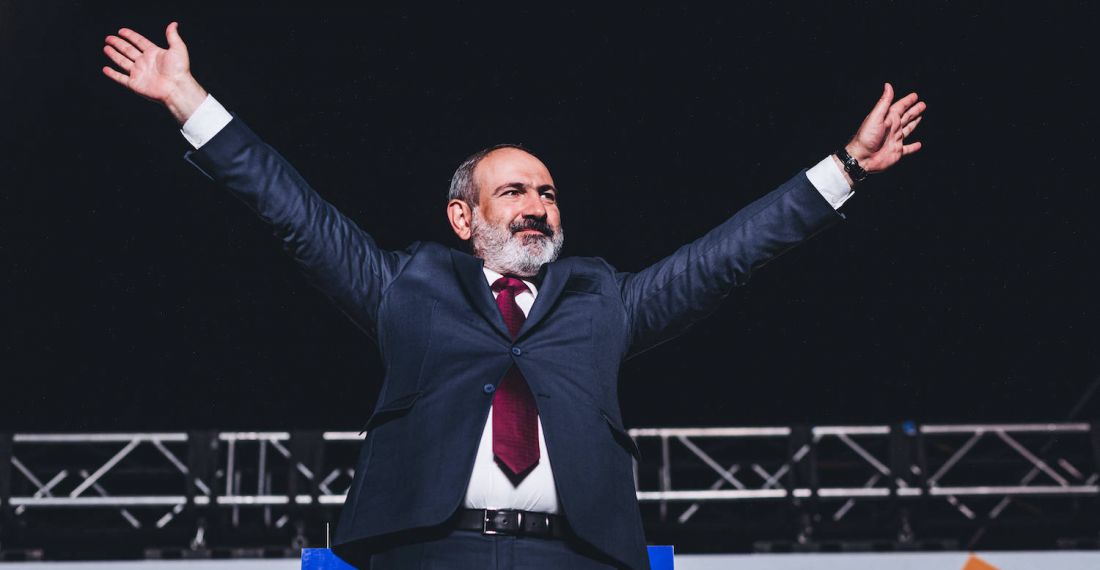
First, the opposition lacks public trust. Despite his controversial decisions, Pashinyan remains the most democratically legitimate leader in Armenia’s history, having secured reelection in 2021 with a strong mandate. The electorate, exhausted by the corruption and stagnation of the old elite, has not forgotten the revolutionary promise of the 2018 Velvet Revolution. Attempts to depict Pashinyan as weak or illegitimate fail to gain traction among voters who view the old guard as self-serving and complicit in past failures.
Second, the opposition has no coherent alternative vision. While they exploit public anger over Garabagh and socio-economic challenges, they fail to articulate a clear, forward-looking policy agenda. Nostalgia and clerical nationalism may stir emotions, but they cannot substitute for governance.
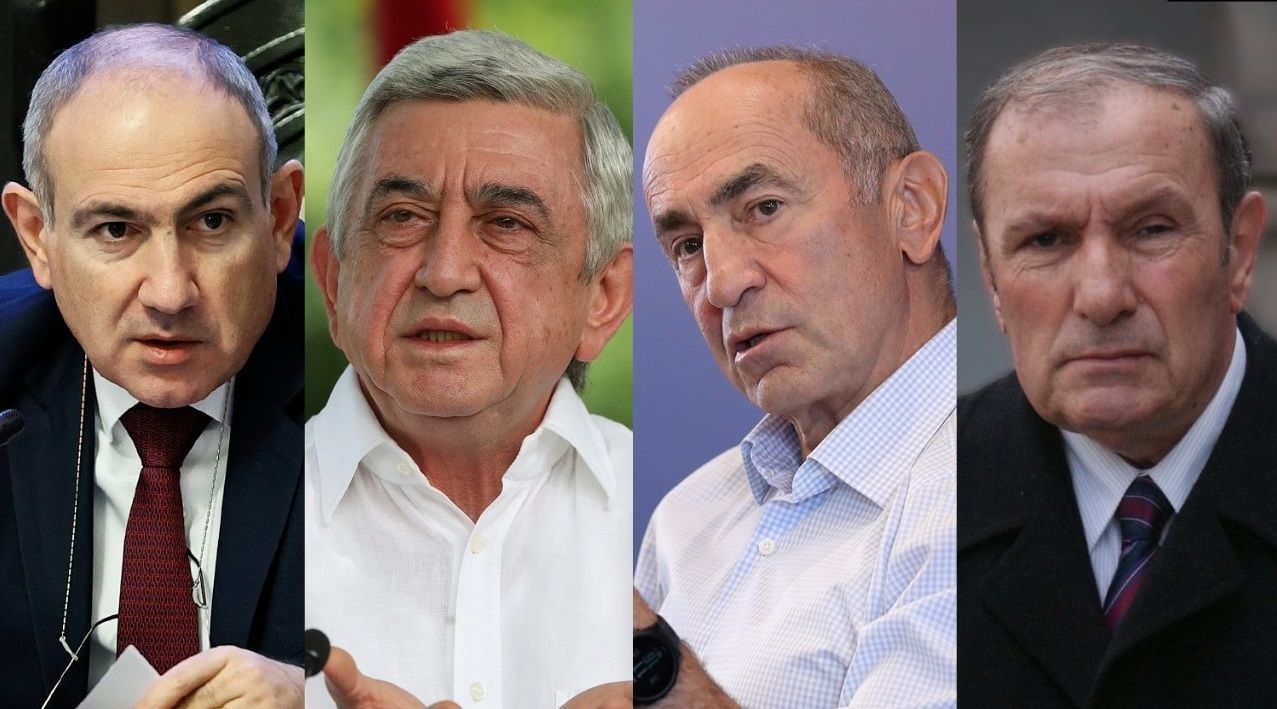
Finally, Pashinyan’s grip on the levers of state—judiciary, law enforcement, and public messaging—remains firm. His administration has successfully positioned itself as the guardian of legal order against “foreign-influenced destabilizers.” That narrative resonates in a country where external interference, especially from Moscow, is increasingly viewed with suspicion.
Still, the situation is not without risk. The Church retains cultural authority, and figures like Karapetyan have access to considerable resources. If the government mishandles its messaging, especially if legal actions appear politically motivated, the opposition could find new oxygen. Public trust is fickle, especially in a post-war society under economic and geopolitical strain.
In the immediate term, however, the opposition’s strategy has backfired. The exposure of their plans and the swift response by the state have strengthened Pashinyan’s image as a decisive leader capable of defending Armenia’s democratic institutions. The revolution he began in 2018 remains unfinished, but it is not yet overthrown.
Here we are to serve you with news right now. It does not cost much, but worth your attention.
Choose to support open, independent, quality journalism and subscribe on a monthly basis.
By subscribing to our online newspaper, you can have full digital access to all news, analysis, and much more.
You can also follow AzerNEWS on Twitter @AzerNewsAz or Facebook @AzerNewsNewspaper
Thank you!

